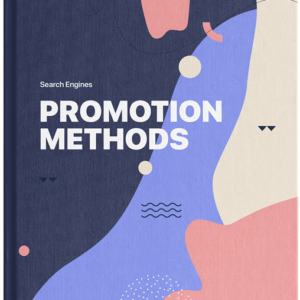Description
Product Description
- Choose the right format: Determine the best format for presenting your data based on the type of information and your audience. This may include charts, graphs, tables, or infographics.
- Keep it simple: Avoid overwhelming your audience with too much information or complex visuals. Stick to the most important data points and use clear and concise language.
- Highlight key findings: Call out the most important findings or insights in your data to draw attention to them and ensure that your audience understands their significance.
- Use visuals: Visual aids, such as charts and graphs, can help to make complex data more accessible and easier to understand. Choose visuals that are easy to read and interpret.
- Provide context: Help your audience understand the context of your data by providing background information, definitions, and explanations of any technical terms or concepts.
- Be engaging: Use storytelling techniques to make your data more engaging and memorable. This may include using anecdotes, examples, or real-world scenarios to illustrate your points.
- Practice and rehearse: Practice your presentation and rehearse your delivery to ensure that you are comfortable with the material and can deliver it confidently.






